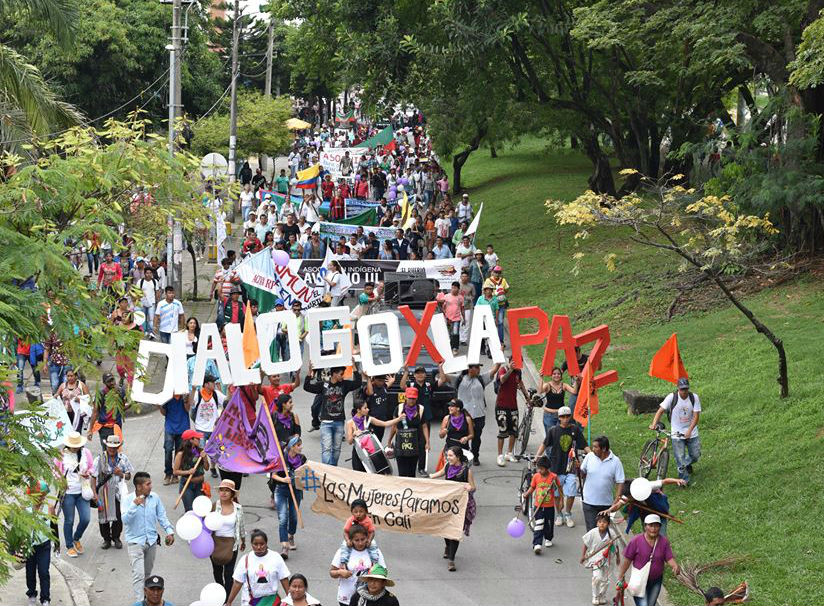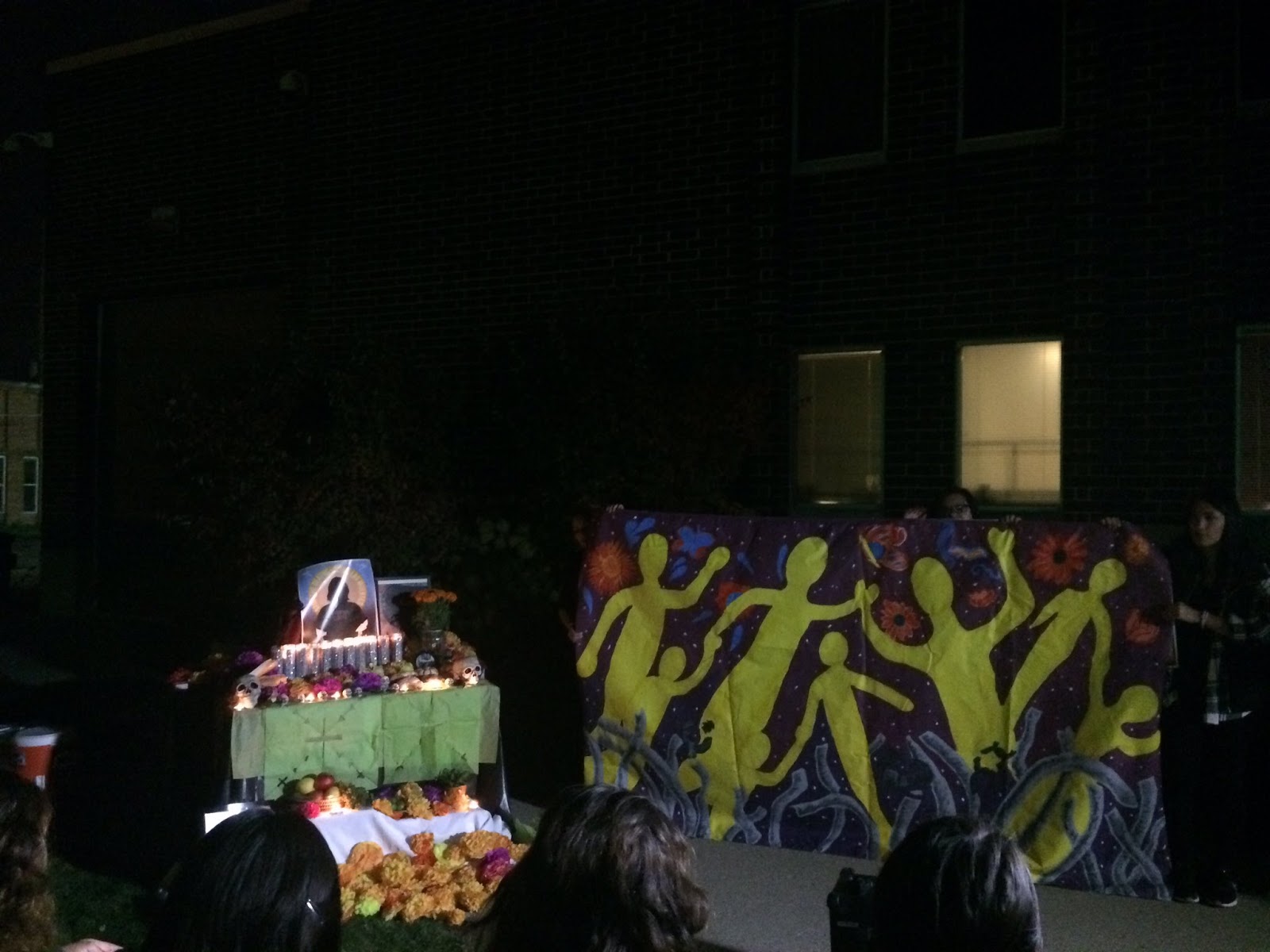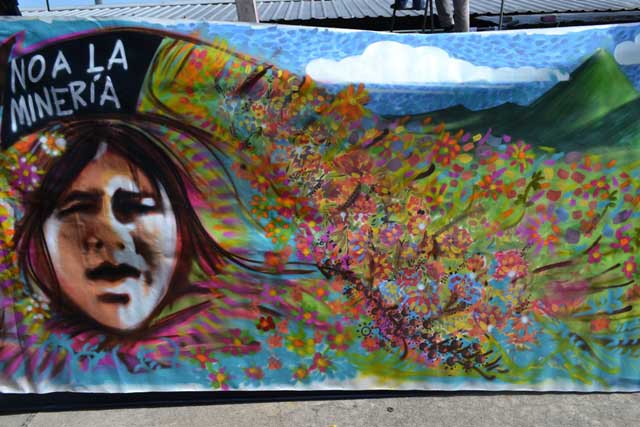
La Voz de Los de Abajo, Witness for Peace, and the Chicago Religious Leadership Network on Latin America invite you to hear from Gaspar Sanchez, the sexual diversity coordinator of COPINH (Civic Council of Popular and Indigenous Organizations of Honduras), as he presents “Uniting to Resist Attacks on our Land and Identities: Building on the Queer Indigneous Framework in the Americas.”
COPINH was co-founded and led by beloved Indigenous leader Berta Caceres, who was assassinated in March 2016. Gaspar will speak about how the struggle for LGBTQ awareness and rights among Indigenous communities plays a vital role in both land defense and in the dismantling of patriarchal and militaristic structures.
Place: Citlalin Art Gallery Theater, 2005 S. Blue Island Ave., Chicago, IL 60608
Date and Time: Friday, October 27, 7:00 pm
Gaspar has served since 2014 on COPINH’s leadership team as the Coordinator of Sexual Diversity & Rights Equality, which, for the first time in any Latin American indigenous organization, established a space dealing specifically with LGBTQ-related issues. Sánchez also hosts a radio program,
Los Colores de Wiphala
, that discusses human rights with an emphasis on the LGBTQ community. He conducts community trainings around the rights of indigenous peoples, territorial defense, protecting Mother Nature’s common goods threatened by extractivist projects, and legal accompaniment. In addition to supporting COPINH’s Tomás García Formation School, which builds leadership among the youth, Sánchez also serves as a spiritual guide for the Lenca people in their efforts to recuperate indigenous historical memory through processes of life, land defense, and ancestral spirituality. Finally, Sánchez has represented COPINH on the international stage in El Salvador, Guatemala, Cuba, Venezuela, Perú, México, the United States, and in several European countries.






